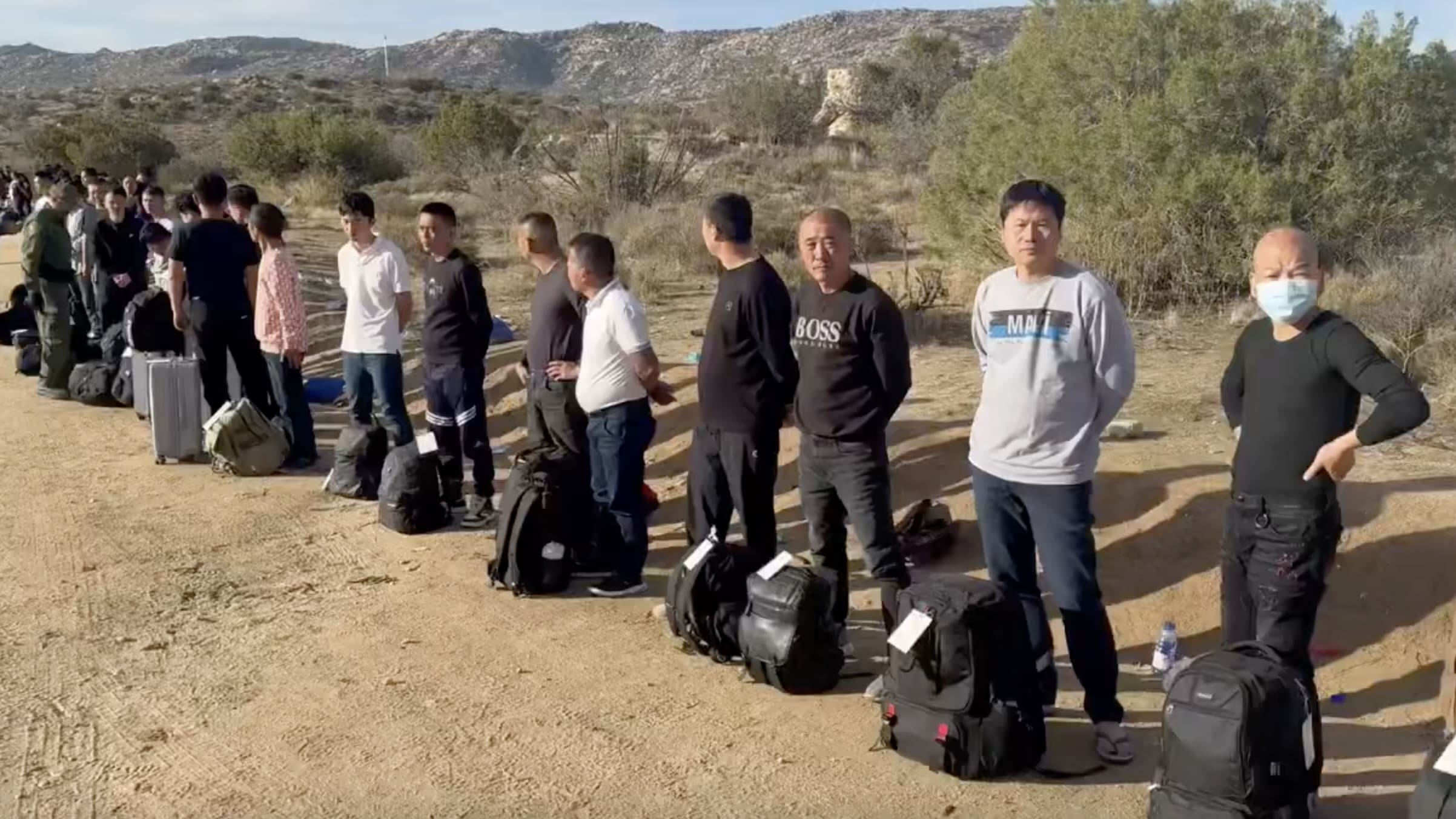Amid security concerns posed by China’s influence in Texas through social media and land purchases, the Texas House Committee on State Affairs heard testimony on measures to address the potential threat.
House Bill 1075 by State Rep. Cody Harris (R–Palestine) would ban foreign governments and companies from owning agricultural land in Texas.
“From 2009 to 2019, foreign ownership of agricultural land doubled,” said Harris. “In Texas alone, the amount of land held by foreign investors increased by 287,000 acres in 2020.”
“House Bill 1075 is about securing the food and fiber resources of our state,” said Harris. “I don’t want to, by any means, discourage economic activity.”
Joe Zhu, national co-chair of the Leaders Forum and a Chinese immigrant, testified in favor of HB 1075, stating, “We want to tell hostile foreign nations, just as everybody else does: Don’t mess with Texas.”
Trey Bates, vice president of governmental affairs for Texas REALTORS, testified on the bill and raised concerns about enforcement:
It’s incredibly complicated to apply prohibitions on real property purchases by individuals and private businesses. It’s challenging to identify ownership of business entities and legally problematic to seek information about a person’s country of origin in a real estate transaction. Also, the idea that a real estate sale might be illegal raises questions about how that crime is enforced and what happens to the title and disposition of the property if such a sale occurs.
Harris promised to include language that would address enforcement concerns.
House Bill 2788 by State Rep. Jacey Jetton (R–Richmond) would ban foreign governments, companies, and officials in the foreign country’s government or military from purchasing real estate in Texas. The governor would determine which countries are considered threats with the assistance of the Department of Public Safety and the Homeland Security Council and create a list of critical infrastructure sites in the state.
“Some governments purchase land in other countries to disrupt their critical infrastructure [or] commit espionage. It’s a tactic used to control the actions of these countries around the world, and Texas must do all it can to protect itself from bad actors,” said Jetton.
Xiou Wu testified against the bill, stating that it “grants the governor power to prevent immigrants from any arbitrary country from owning a house in Texas.”
Julia Parenteau, director of public policy for Texas REALTORS, testified on the bill, stating, “We do maintain our concerns about the bill’s complexity and its application to all property, not just agricultural, and its potential discriminatory outcomes.”
Additionally, Parenteau highlighted one aspect of the committee substitute to the bill, which calls for “the creation of a registry with the comptroller that would require any buyer of real property to send a registration to the comptroller with their identity, and then any other information they may deem necessary.”
“That’s a new idea, one we never thought we might consider here in Texas, and we want to spend some time talking through that element as well,” said Parenteau.
House Bill 4006 by State Rep. David Spiller (R–Jacksboro) would ban governments—and their government-owned companies—identified by the U.S. National Intelligence Community as hostile threats from purchasing land in Texas. The U.S. Director of National Intelligence promulgates the list, which currently includes Iran, Russia, North Korea, and China.
Spiller says tying the legislation to the list by the DNI, which is updated annually, will allow it to “be adjusted over a period of time.”
“House Bill 4006 would prohibit businesses headquartered in those countries, businesses that are owned directly or indirectly by those countries, and the countries themselves owning or leasing property,” explained Spiller. “In Texas, the countries will all be prohibited from owning land, minerals, timber.”
Spiller highlighted that “there is no reference here to individuals … there’s no individual liability.”
“We’re not dealing with folks’ residences or homes, anything like that,” added Spiller. “All of that is specifically excluded and we’re only talking about foreign entities and entities that are owned by foreign governments.”
Xiuyi Wu testified against HB 4006, stating, “I firmly believe this bill discriminates against individuals from certain countries by limiting how they can contribute to the economy, how they can’t run a business, without considering their contribution to our community.”
John Fleming of Texas Mortgage Bankers Association testified in favor of the committee substitute to HB 4006:
We think the committee substitute addresses a lot of the issues that you’ve heard tonight. It focuses only on certain designated foreign countries and on the entities that are headquartered in those foreign countries that are deemed a threat or owned by the governments. It does not reach down to individuals and it does not reach down to individuals in the United States that may originate from those other countries.
House Bill 3289 by State Rep. Charles “Doc” Anderson (R–Lorena) would ban the Chinese-owned social media application TikTok from any state-owned or state-leased device.
Last year, Federal Bureau of Investigation Director Christopher Wray said TikTok harvests users’ data and cautioned that the Chinese Communist Party could use the information for espionage. Wray also raised concerns that ByteDance, the Chinese media company that owns and operates TikTok, can alter the platform’s algorithm and “manipulate content.”
HB 3289 would codify Gov. Greg Abbott’s recent actions to ban TikTok from state-owned devices and networks.
“Independent security experts have expressed concerns about intelligence, disinformation, and cybersecurity concerns,” said Anderson. However, “there are several exemptions and legislation for law enforcement to do their job.”
All bills were left pending in committee.
Texas Scorecard chronicled China’s incursions into Texas in a recent special investigative series and Exposed, an exclusive podcast series.
No ads. No paywalls. No government grants. No corporate masters.
Just real news for real Texans.
Support Texas Scorecard to keep it that way!





